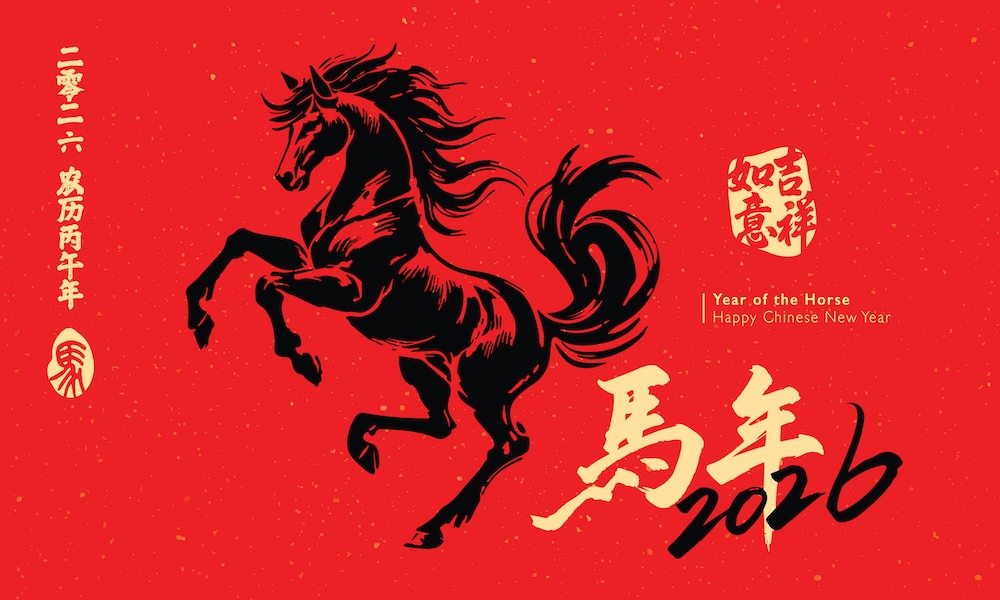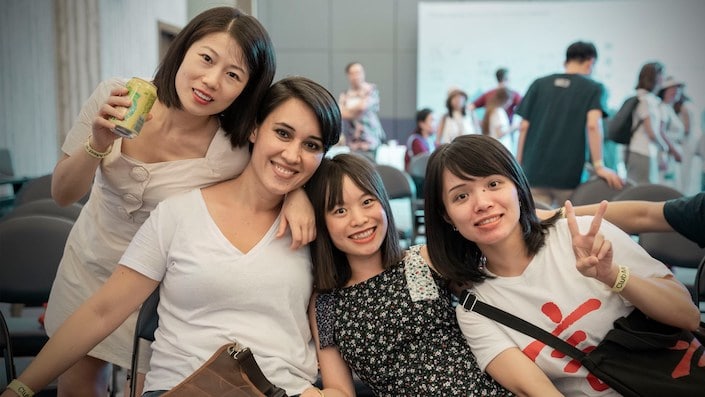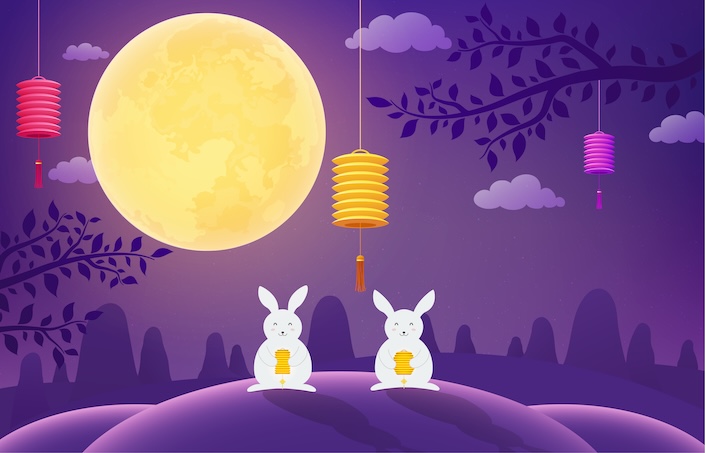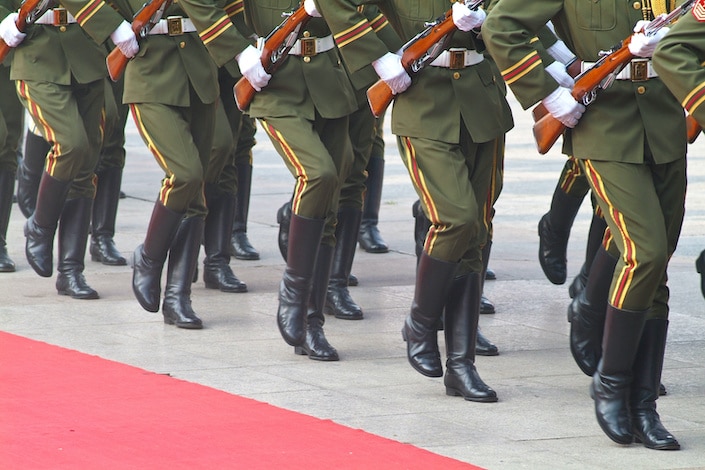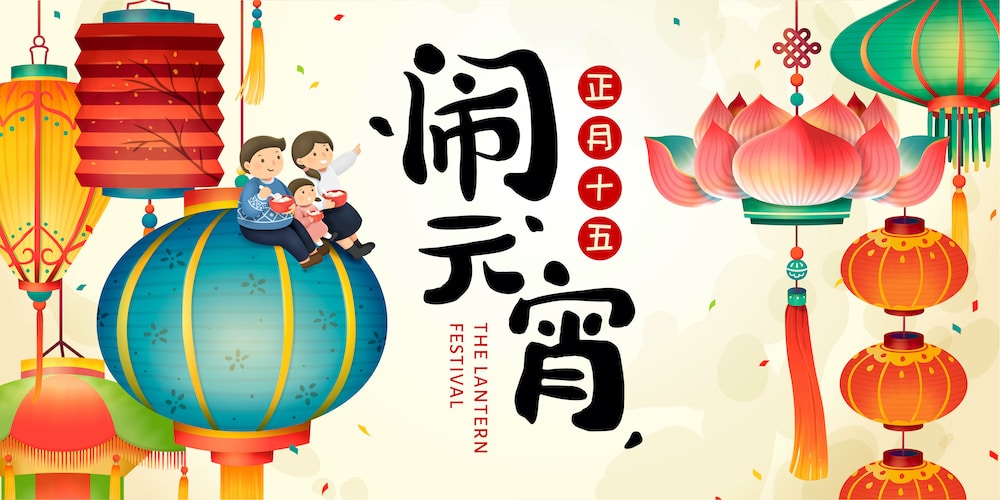What is Chinese Labor Day (劳动节 Láodòngjié) and how is it celebrated?


Learn Chinese in China or on Zoom and gain fluency in Chinese!
Join CLI and learn Chinese with your personal team of Mandarin teachers online or in person at the CLI Center in Guilin, China.
Have you ever wondered how Labor Day is celebrated in China, or wanted to learn more about the modern pressures of Chinese work culture? In this article, we explore common celebratory practices for this national holiday and explore the state of modern Chinese work culture.
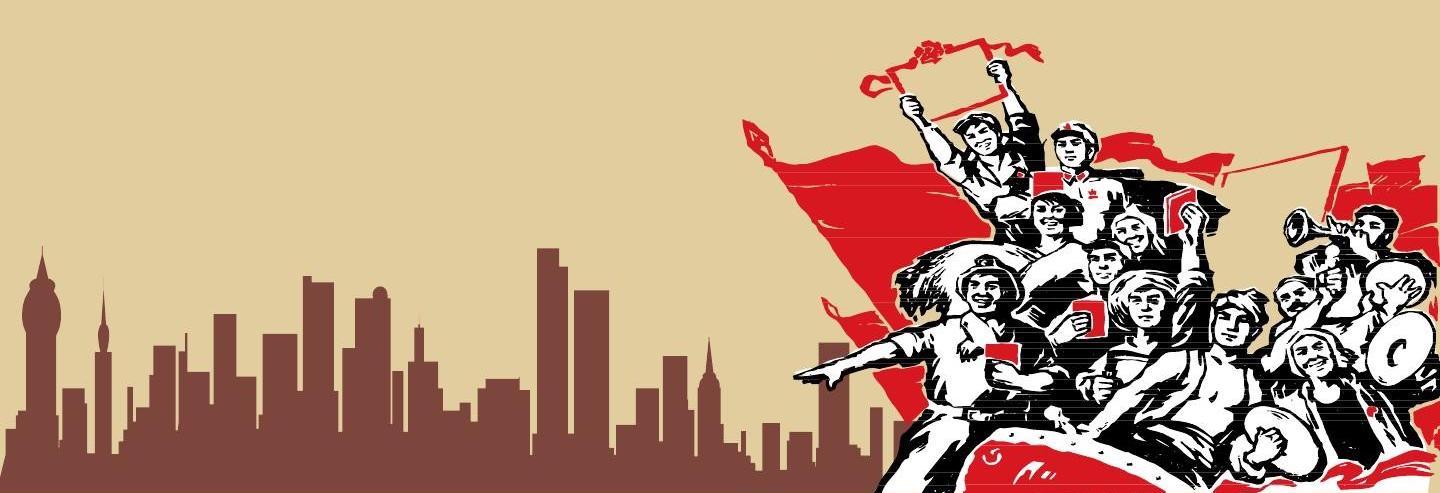

What is Chinese Labor Day?
International Workers' Day, also called Labor Day or 国际劳动节 (Guójì Láodòngjié) in Chinese, is an international holiday that is generally celebrated on May 1st each year in over 80 countries worldwide. It celebrates the achievements of the workers of the world.
Since this holiday is also celebrated on May 1st in China, it is sometimes referred to as 五一节 (Wǔ-Yī Jié) or simply 五一 (Wǔ-Yī) in Chinese, an alternative name which is frequently translated into English as “May Day.”
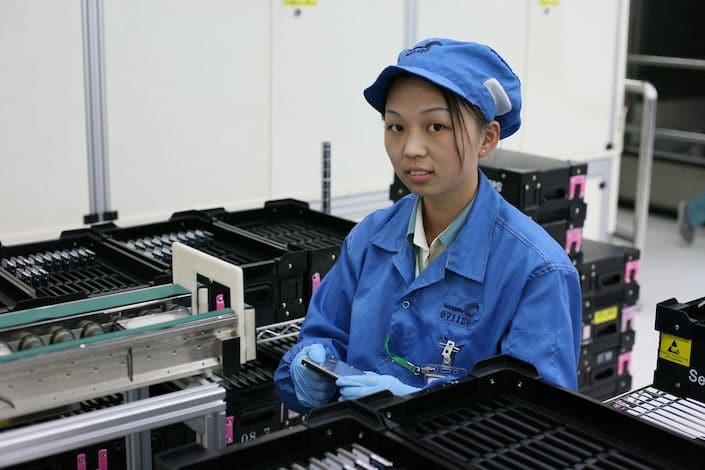

Chinese Labor Day is a May 1st holiday that celebrates the contributions of workers of all types.
History of International Workers' Day
The origins of International Workers' Day began in the United States in 1886 when workers across the country walked out of their jobs in protest of long working hours, demanding an eight-hour day.
This early activism later evolved to fighting for further rights and more humane labor practices with a focus on the abolishment of child Labor, the demand for fairer and safer working conditions and more workers’ rights, as well as the idea of having a “weekend.”
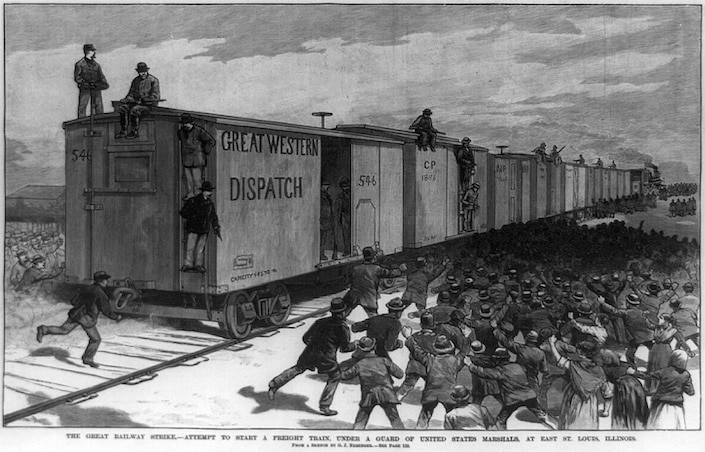

International Workers Day grew out of earlier workers’ rights movements in the USA.
Labor Day and the PRC
The first Labor Day activity in China is said to have been held on May 1, 1920. Then, between 1921 and 1922, activists established centers to educate ordinary workers, organized unions, and pushed for better conditions for everyday industrial workers.
Just a month after the founding of the People’s Republic of China in 1949, the Government Administration Council of the Central People's Government (中央人民政府政务院 Zhōngyāng Rénmín Zhèngfǔ Zhèngwùyuàn) officially declared May 1st to be Labor Day.
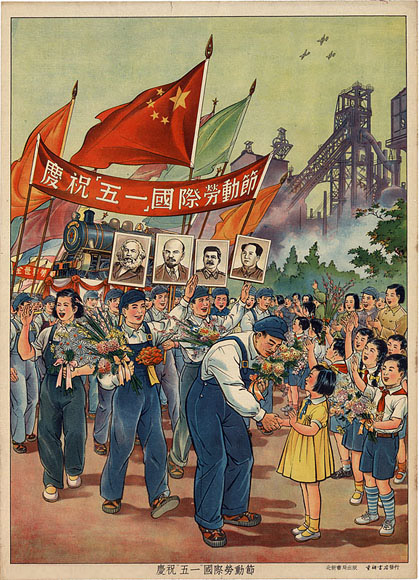

The roots of Chinese Labor Day can be traced back to before the founding of the People’s Republic.
How is Labor Day celebrated in China today?
Labor Day was originally a one-day holiday in China, but it has since gone through many different changes.
A five-day affair?
In 1999, the Chinese State Council (国务院 Guówùyuàn) decided to increase the duration of Labor Day and make it part of a “Golden Week” triad, meaning that it would be a seven-day holiday, along with Chinese New Year and National Day. However, in 2008, Labor Day was stripped of its “Golden Week” title and officially became a three-day holiday.
However, in March 2019, China’s State Council once again announced that Labor Day 2019 would span a total of four days.
For the years 2020 and 2021, the State Council stated that it would be a five-day holiday covering May 1st - 5th, suggesting that this longer holiday length may become a permanent fixture of Labor Day celebrations going forward.


Chinese Labor Day is a five-day holiday, providing domestic workers with the perfect opportunity to travel and relax.
Golden Week and the economic boom
Labor Day, along with the other holidays that are referred to as “Golden Weeks,” play a huge economic role in China. The longer paid holiday period means that more and more families are able to use this break to make long-distance family visits or travel for pure leisure.
Many businesses also take advantage of this holiday to sell products at discounted prices.
It is generally a fun-filled period as people enjoy their break, engaging in a variety of leisure activities, such as traveling to their family home, eating out with friends and visiting domestic attractions.
Consequently, the Labor Day holiday is a period of greatly heightened travel activity which helps support China’s domestic tourism market. In fact, after its extension to 4 days in 2019, travel agencies reported a huge increase in outbound flight bookings.
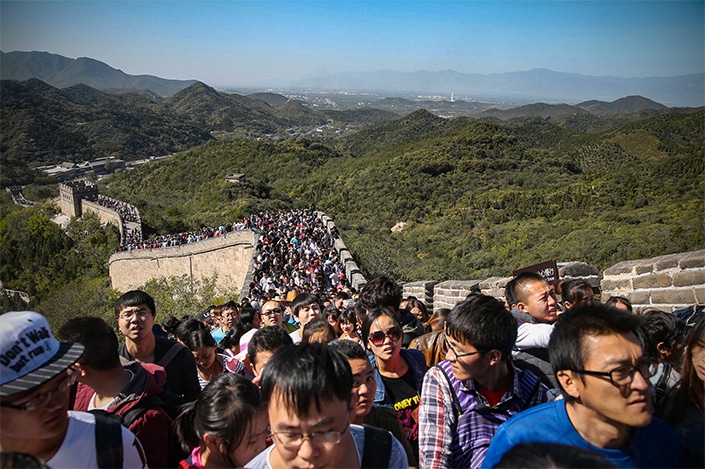

Holidays like Chinese Labor Day generate massive amounts of revenue for China’s domestic tourism industry.
Modern pressures of Chinese work culture
Despite all the hype about a seven-day holiday to celebrate workers, many Chinese office workers (上班族 shàngbānzú) struggle with a heavy workload throughout the year.
996 work culture controversy
If you have any type of Chinese social media or are generally in touch with Chinese news, you might have already heard about the 996 working hour system (996工作制 jiǔjiǔliù gōngzuò zhì). This consists of working 12 hours a day, 9 a.m. to 9 p.m., six days a week.
996 is a work culture that is implemented mainly in Chinese tech companies, and that reached its controversial peak when Chinese tech tycoon and Alibaba founder Jack Ma praised it and encouraged workers to see it as a “blessing,” making international headlines.
Jack Ma’s comments gave rise to a lot of outrage on Chinese social media, resulting in an anti-996 protest which was launched on Github, Microsoft’s Internet hosting website for software development.
This was quite an influential event that led to broader recognition of the harmful nature of excessive and unfair work cultures like 996 across various sectors of Chinese society, from business to academia. It was so influential that in 2021, 996 was ruled illegal by China’s Supreme People’s Court, sparking further discussion about the need to improve Chinese work culture.
Work-life balance
Despite the movement towards a healthier work culture, many workers are still frequently expected to work overtime (加班 jiābān). Technically, according to China's labor laws, a standard work day is eight hours long, with a maximum of 44 hours a week. Any work beyond that requires extra pay for overtime.
However, with many people using apps like WeChat for both personal and professional purposes, it is not uncommon to be expected to answer work related messages outside of office hours. This creates a rather blurry boundary between work and personal life, leading to burnout and improper rest.
Work-related activities after hours often occur in the form of dinners out with the boss, day trips on the weekend with the team, or KTV nights at the local bar with colleagues. Needless to say, this is not considered “work,” so no one is expected to receive compensation.
It has been argued that Chinese society and culture are collectivist, meaning that they place greater importance on community and collective collaboration and harmony. While after-hours activities might be presented as “voluntary,” many Chinese working professionals know they must attend in order to show their seriousness about their position and their loyalty to the business they work for.


Chinese workers are often expected to attend a variety of social activities after official working hours have ended.
Want to better understand Chinese work culture?
For a more detailed guide on working and landing a job in China, check out our article on working in China.
Language plays an integral part in any culture – so if you are interested in living and working in China, it is paramount that you learn the language in order to better understand the country’s cultural norms.
No matter whether you’re interested in China for personal or professional reasons, why not consider enrolling in CLI’s one-on-one Online Program and start learning Chinese from the comfort of your own home today?


Come to Guilin to get a better understanding of Chinese culture, language and society.
Chinese Labor Day vocabulary
| Chinese | Pinyin | English |
|---|---|---|
| 国际劳动节 | Guójì Láodòngjié | International Labour Day |
| 五一节 | Wǔ-Yī Jié | May Day |
| 历史 | lìshǐ | history |
| 庆祝 | qìngzhù | to celebrate |
| 放假 | fàngjià | to have a holiday / be off work |
| 周末 | zhōumò | weekend |
| 休息 | xiūxí | to rest |
| 压力 | yālì | pressure |
| 工作与生活的平衡 | gōngzuò yǔ shēnghuó de pínghéng | Work-life balance |
| 集体主义 | jítǐ zhǔyì | collectivism |
| 加班 | jiābān | to work overtime |
| 996工作制 | jiǔjiǔliù gōngzuòzhì | "996 work system" |
| 上班族 | shàngbānzú | office workers |
| 歧视 | qíshì | to discriminate |
| 国务院 | Guówùyuàn | State Council |
| 中央人民政府政务院 | Zhōngyāng Rénmín Zhèngfǔ Zhèngwùyuàn | Central People's Government Administration Council |


Tania holds a BA in Arabic and Chinese from the University of Leeds, which led her to spend two years studying in Taiwan and Egypt as part of her degree. Her interests include Chinese traditional theater, international education, and programming. Tania travels to China annually and is fluent in Chinese.






